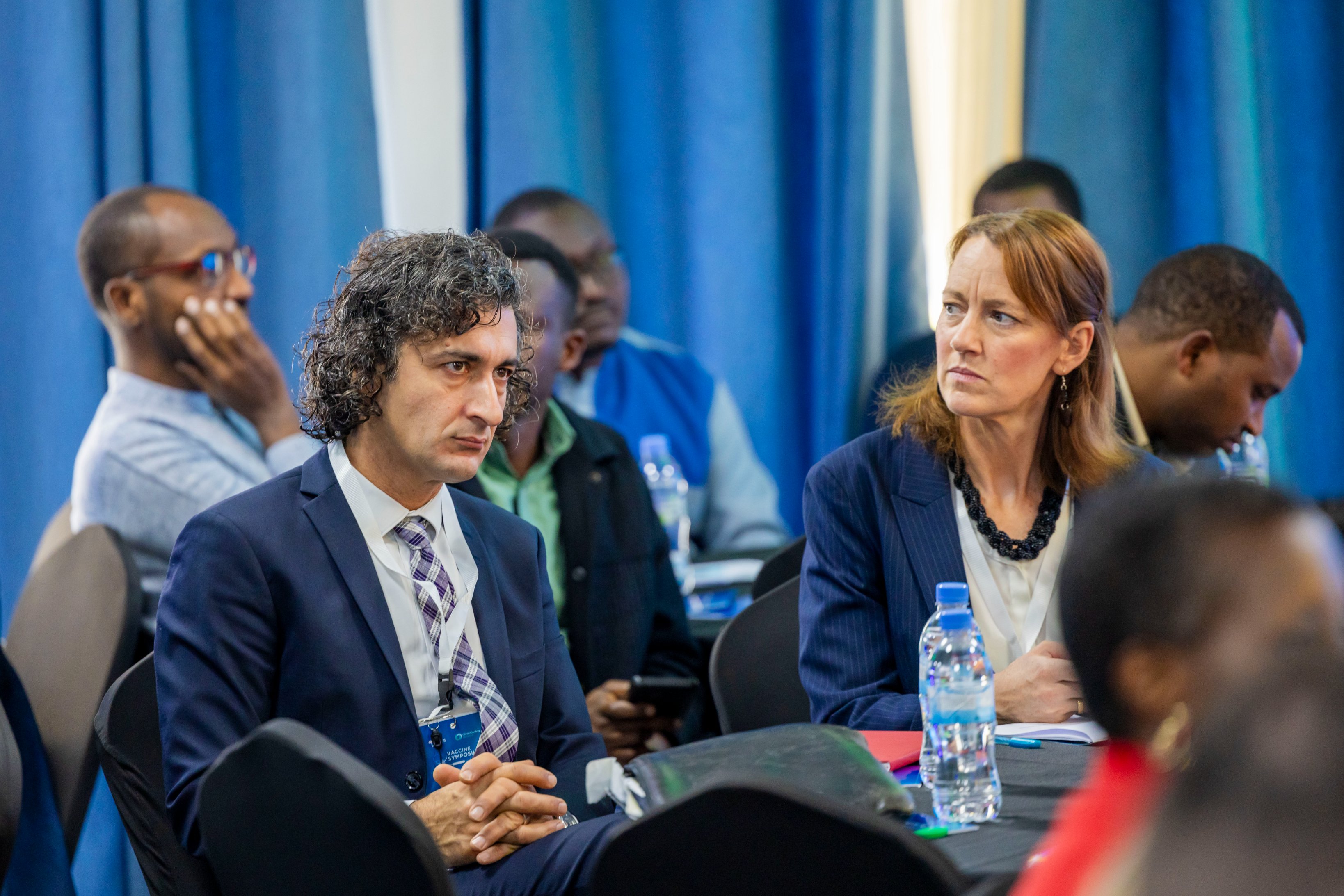Rwanda has taken a major step toward strengthening Africa’s health resilience by hosting the 2025 Vaccine Cold-Chain Symposium, a high-level gathering that brings together more than 200 experts to discuss how the continent can protect vaccines in an era of rising temperatures and growing demand.
The three-day event, held at the ACES Rubirizi Campus in Kigali, focuses on developing smart, sustainable, and climate-resilient systems to ensure that life-saving vaccines reach every community safely and efficiently. The symposium is organised in partnership with the Rwanda Biomedical Centre (RBC), MINAGRI through RAB, and the University of Birmingham.
Held under the theme “Building the Next Generation of Vaccine Cold Chain for Africa,” the symposium aims to address one of Africa’s most pressing health challenges: keeping vaccines safe and effective from production to delivery, especially as climate change increases heat stress and strains existing infrastructure.
According to the World Health Organization, up to 50% of vaccines globally are lost each year because of failures in temperature-controlled storage and transportation. In parts of Africa, losses can reach 30%, resulting in wasted resources and reduced immunisation coverage.
Experts warn that rising temperatures, unreliable electricity supply, and outdated equipment are further threatening vaccine quality. With Africa’s demand for cooling expected to triple by 2050, sustainable cold-chain systems are becoming essential for public health.
ACES is already piloting innovative solutions to help close this gap. These include drone-based vaccine delivery that reaches remote areas within minutes, solar-powered cold storage systems, and new diagnostic tools that help communities track immunity levels and plan targeted vaccination campaigns. These technologies have shown promising results in Rwanda, Kenya, and other partner countries.
Professor Toby Peters, Founding Director of ACES, said: “This symposium marks a new chapter for Africa’s vaccine resilience. By bringing engineering, health science, and clean energy together, we are creating cold-chain systems that are reliable, inclusive, and aligned with the realities of climate change. Our goal is simple but urgent: no vaccine, and no human or animal life, should be lost because of heat.”
The event also highlights the importance of the One Health approach, recognising the links between human, animal, and environmental health. Both RBC Director General Prof. Claude Mambo Muvunyi and Dr. Solange Uwituze of RAB emphasised the need for harmonised policies and coordinated vaccination strategies, especially since most emerging human diseases originate from animals.
Dr. Solange Uwituze noted:“Nearly three-quarters of emerging infectious diseases in humans originate from animals, which makes a coordinated One Health approach essential. To protect communities, our vaccination strategies must connect human, animal, and environmental health. Building sustainable cold-chain systems is not just an option it is a necessity for effective disease control.”
As Rwanda hosts this influential gathering, it continues to showcase a strong model of innovation, leadership, and cross-sector collaboration placing the country at the centre of Africa’s efforts to build climate-smart health systems.



